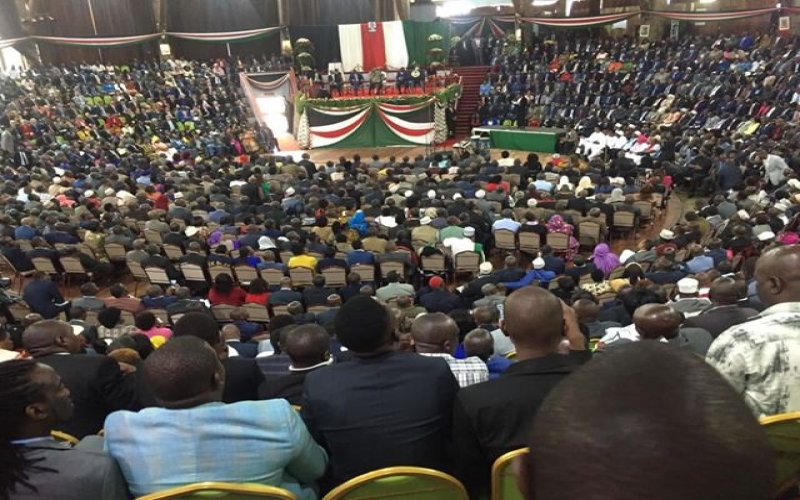
Kenya’s politicians never disappoint. After a day of back-patting and “across the aisle” lauding of the “handshake” and the BBI report in Bomas, it took them less than 24 hours to go at each other hammer and tongs. The first shots were fired in Bomas, primarily by the two parliamentary Majority Leaders Aden Duale and Kipchumba Murkomen. While Duale, a more wily and seasoned politician expressed his angst respectfully, the bombastic Senator for Elgeyo Marakwet pulled no punches, literally calling the event a choreographed sham. By the second day, the new fissures had been defined; the “anti” group, identified with Deputy President William Ruto, insisted that the report must go through Parliament supposedly out of a concern that a referendum would grossly damage our economy.
The “pro” group, which is generally identified with the handshake, rejected the Parliamentary route, purportedly out of a concern that the report would be hijacked from “the people” to whom it rightly belonged. Behind these newly discovered pro-citizen concerns, one for money and the other for people’s participation, is an awareness that matters like BBI, that have huge political overtones, are never decided on the merit or otherwise of content but on politics. Consequently, each of the competing wings is pushing the process towards the arena in which they believe they have a comparative political advantage. Lost in this new session of hurling brickbats is the report. Having listened to many in the political arena for the last week, I would be willing to bet that only a handful have read the report; and even they have read the summary, not all the 160 pages.